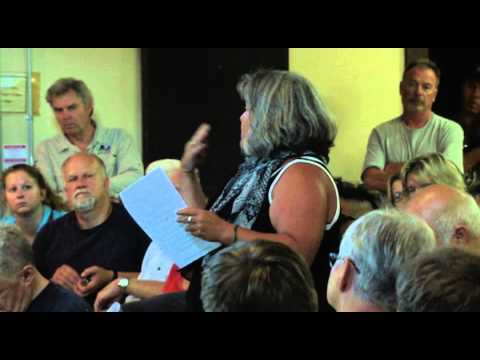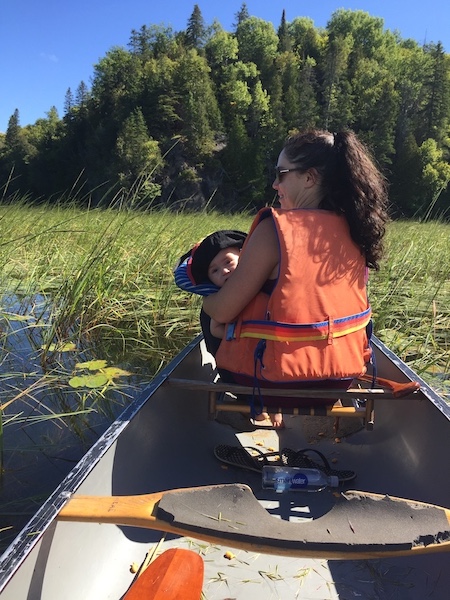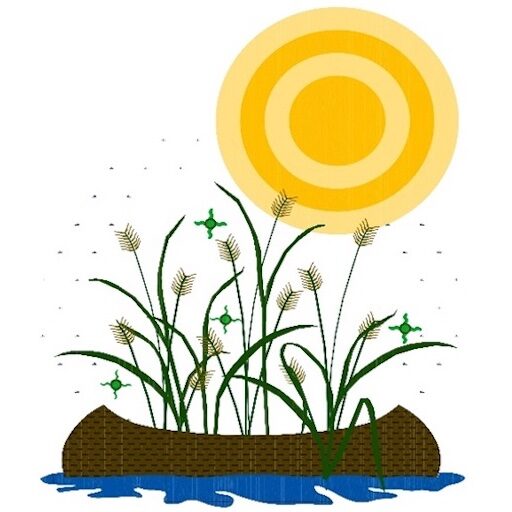About Us
Community Voices for Manoomin (CVFM) is a group of settlers, Indigenous people and community organizations who came together in 2018 to support Indigenous rights to tend, harvest and sustainably use manoomin (wild rice) in the Kawartha region. CVFM built on the earlier education and ally work of organizations such as Truth and Reconciliation Community Bobcaygeon, the Wild Rice Revitalization Network, and programs at Trent University, among others.
As a community group, we continue to learn about the history and ecological,
economic, cultural, and spiritual significance of Manoomin, as well as the Indigenous rights and practices associated with this sacred plant. We are also helping to share this knowledge with other communities in our region. In doing so, we are finding that many residents are interested in learning more, and are finding ways to support Indigenous rights and uphold respectful Treaty responsibilities in this territory of the Michi Saagiig Nishinaabeg, the Williams Treaty and Treaty 20.


Since CVFM was formed, we have been involved in a variety of activities to share understanding and foster connections among communities and directly with manoomin. CVFM drafted a Manoomin Declaration in support of the plant’s important roles and Indigenous jurisdiction and took the Declaration out for face-to-face discussions at gatherings in the region, such as Farmers Markets, PowWows, public meetings, gatherings at Trent University, and elsewhere. To date, over 12,000 supporters have signed the Declaration. In that process, it has generated good conversation and better awareness about the issues and opportunities in our communities. CVFM has also developed factsheets and resource lists, assisted with research and materials for presentations, supported [student] research, and engaged with various community associations, municipalities, and government agencies. CVFM also organizes activities such as ceremonial canoe trips to the manoomin beds to deepen our relationship with and learning from the manoomin and Indigenous elders and knowledge holders.
